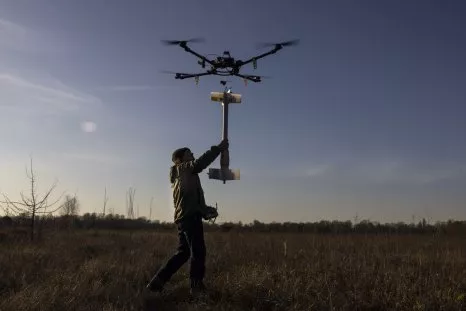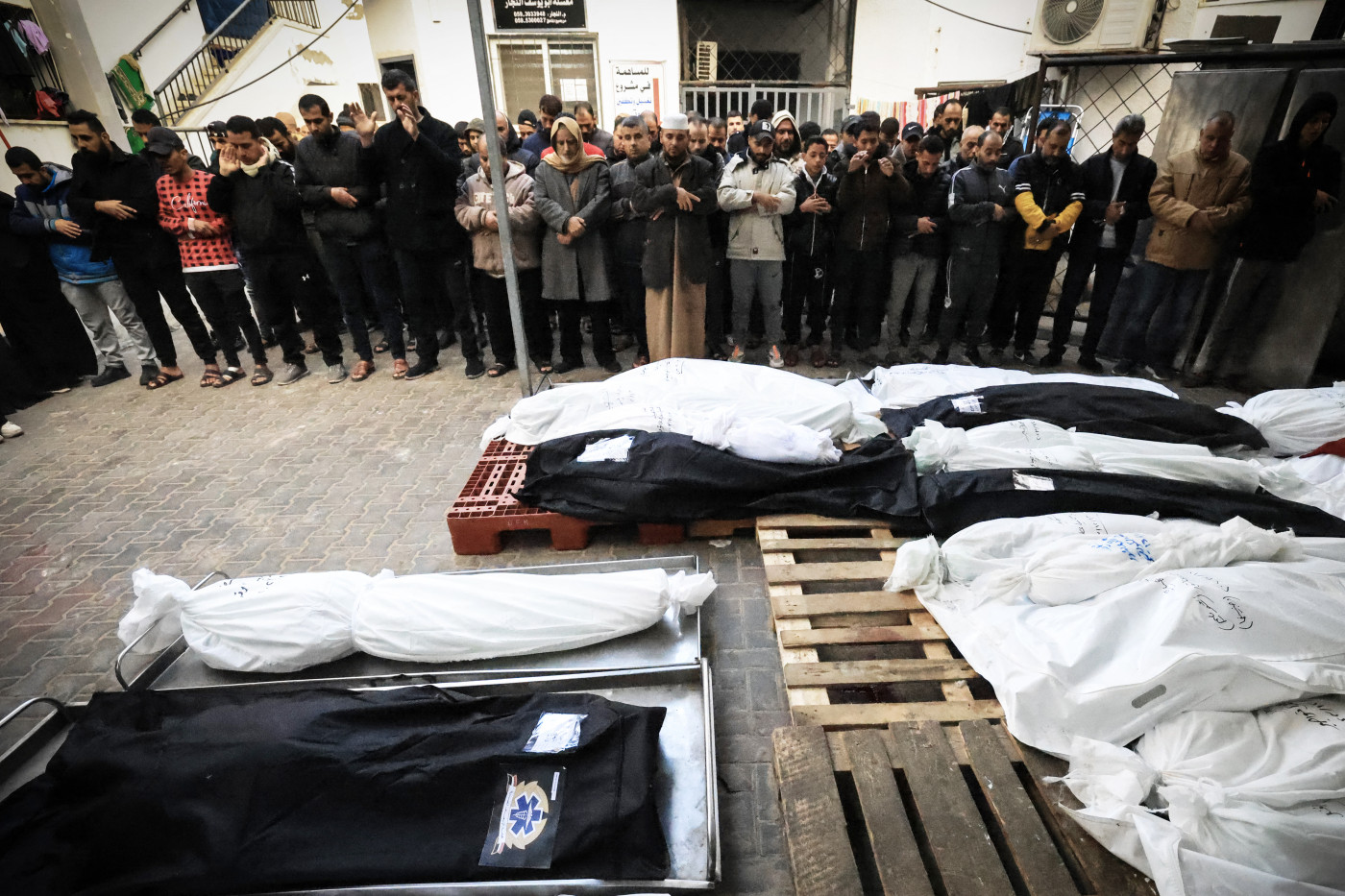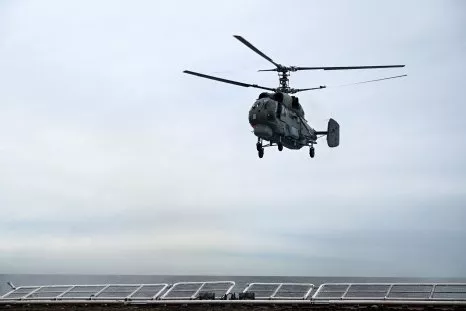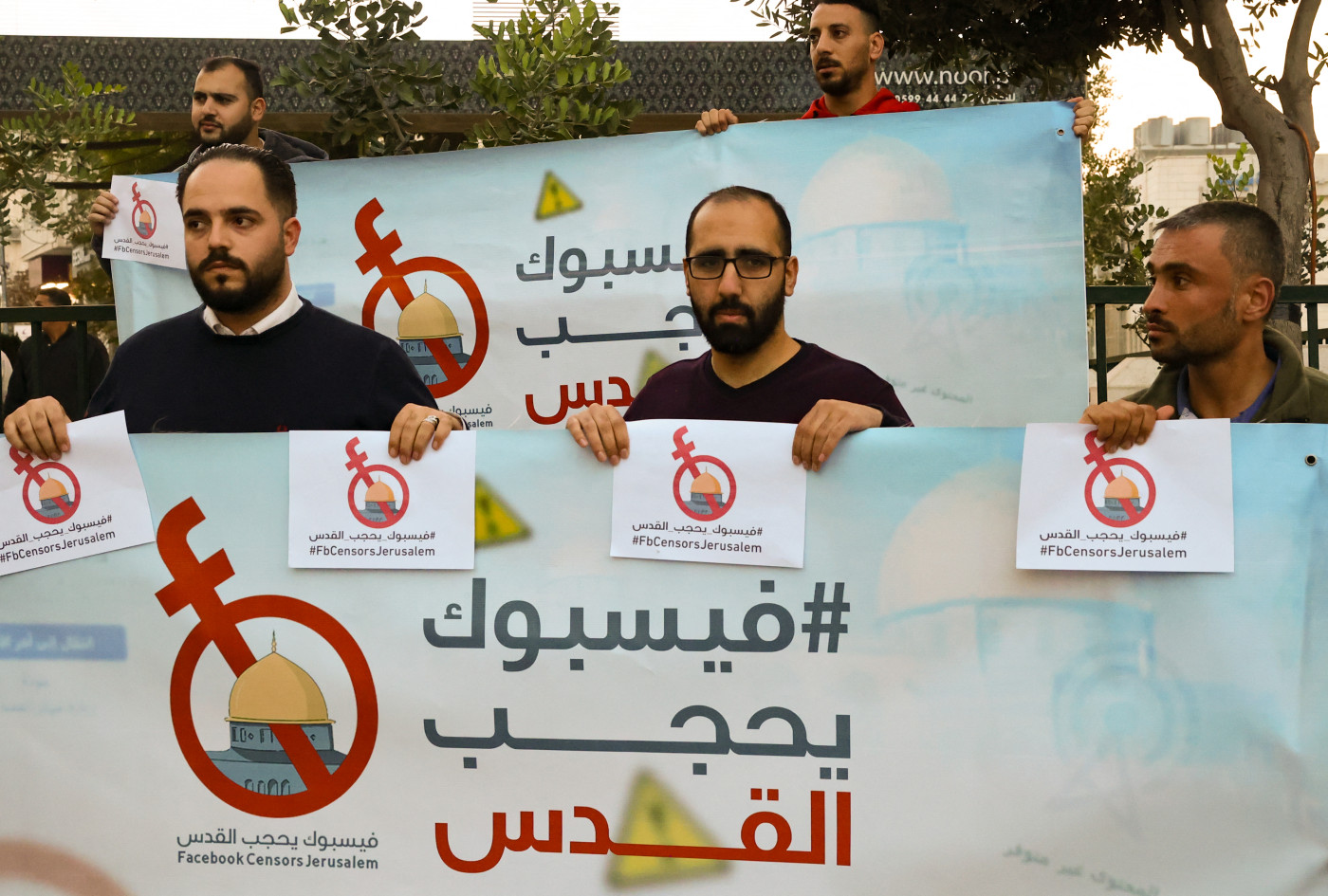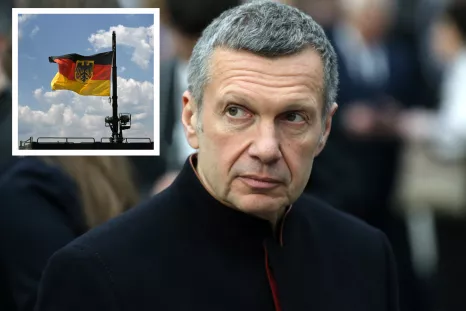The Isolation of Volodymyr Zelensky
Ukrainian President Volodymyr Zelensky said he faces an uphill battle to maintain support for the fight against Vladimir Putin's forces amid growing fatigue within the international community toward the wars there and in the Middle East.
In an interview for Time magazine that appeared on the same day U.S. House Republicans introduced a bill that excluded military funding for Kyiv, Zelensky said: "The scariest thing is that part of the world got used to the war in Ukraine."
The article cited unnamed members of Zelensky's inner circle describing despondency at the lack of battlefield progress, the inability to curb corruption in Ukraine and the president becoming more isolated in his belief that Kyiv can still prevail.
In response to the sentiments expressed in the piece, a former Ukrainian soldier told Newsweek: "It's time for Zelensky to admit reality, stop being in denial, and act accordingly," while a former British diplomat denied Western public support for Ukraine was on the wane and said that "wobbliness in wartime is usual."
Since the start of Vladimir Putin's full-scale invasion of Ukraine, the U.S. has provided Kyiv with more than $76 billion in aid. However, cutting that support has become a GOP presidential campaign catchcry, as President Joe Biden struggles to ensure continued U.S. backing for Kyiv, with funding for Ukraine excluded from an emergency bill aimed at preventing a government shutdown.
On Monday, the White House warned the GOP against "politicizing national security," after House Republicans, led by Speaker Mike Johnson, unveiled a $14.3 billion spending bill for Israel for its war against Hamas, in a plan which left out aid for Ukraine.
After taking office, Slovakia's newly elected prime minister, Robert Fico, pledged to stop delivering weapons to Ukraine, while Hungary has also delayed tranches of aid, although the EU has pledged it will continue its support.
Zelensky told Time "we will lose," when asked during a visit to Washington in September by senators what would happen if the U.S. didn't give Kyiv the aid he was seeking.
Zelensky, who was lauded in global capitals after the war started, got a more muted reaction in Washington last month, and told the publication: "As soon as they start to get a little tired, it becomes like a show to them: 'I can't watch this rerun for the 10th time.'
"I don't think Ukraine can allow itself to get tired of war. Even if someone gets tired on the inside, a lot of us don't admit it. Nobody believes in our victory like I do."
Time quoted an unnamed member of his inner circle saying that Zelensky felt betrayed by his Western allies, while another said that Kyiv was "out of options...not winning—but try telling him that."
In June, Ukraine launched a counteroffensive with the aim of recapturing Russian-occupied territory, although Kyiv's allies, which provided arms, have expressed concern at its slow progress so far, which has been admitted by Zelensky.
Defense analyst Viktor Kovalenko, a former Ukrainian soldier, told Newsweek that unlike the optimism prevailing in the first year of the war, many of Zelensky's supporters "aren't ready to accept that Ukraine is running out of options to expel the Russian occupiers from all its territory in 1991 borders."
Kovalenko said that the second year of the war demonstrated that Zelensky "became a hostage of his own maximalist approach," and that Ukraine had stopped the aggressor upon which it had inflicted heavy losses and that the country has been preserved as an Eastern European democracy.
"This is already a victory for a small country, and it's well enough to be proud of. I think it's time for Zelensky to admit reality, stop being in denial, and act accordingly," he said.
Polling has reflected varying attitudes among Americans to Ukrainian aid, with one survey by Reuters showing that U.S. voter support for more weapons for Kyiv has slumped from 65 percent in June to 41 percent in the last five months.
However, a poll this month by Change Research found that 60 percent of American voters believed that U.S. allies and enemies would view a withdrawal by Washington of Ukrainian military support as a sign of weakness, while over two-thirds (68 percent) said a Russian victory would make the world less stable.
The survey of 1,443 voters between October 13 and 17, with a 2.7 percent margin for error, also found that 84 percent of U.S. voters believed Putin was a threat to American interests.
In an emailed statement to Newsweek, Scott Cullinane, the director of government affairs at Razom, a group advocating for Ukraine, said the survey "shows Americans understand a Putin victory would destabilize Europe" as well as "threaten U.S. national security," and that "with continued support," Ukraine "will win this war."
Global Support
It is the wider threat that the war poses that Zelensky referred to when he told Time that "a third world war could start in Ukraine, continue in Israel," before moving on to Asia with the risk it might "explode somewhere else."
John Foreman, former British defense attache to Kyiv and Moscow, told Newsweek he didn't agree that Western public support for Ukraine is on the wane. "It has held up pretty well for 18 months and NATO, EU, G7, and other support...remains solid, with minor exceptions like Hungary and Slovakia."
"I don't think anyone—in Ukraine or the West—doubts the serious challenges Ukraine faces to prevail in its war with Russia," he said.
"Undoubtedly the mood in Kyiv is sombre facing another winter, losses of military and civilian personnel, the stuttering offensive and perhaps unrealistic expectations that 2023 would be the year of victory," he said. "Plus of course events in Israel and U.S. political dysfunction in D.C.
"Wobbliness in wartime is usual. (Former British PM, Winston) Churchill had to confront this in his own cabinet," he added. "Politics are also not suspended in war."
Orysia Lutsevych, deputy director of the Russia and Eurasia program at the Chatham House think tank in London, said it's wrong to claim the war is only Zelensky's fight.
"The majority of Ukrainians are ready to endure hardships to secure stable peace," she told Newsweek, as they understand a cease-fire "will shift the war to the next generation.
"This is the strategic objective of this war— to defeat Russian troops on Ukraine's territory and to join collective security alliance to prevent another war." she added.
Russia and Ukraine have refused negotiations, with Zelensky telling Time: "Freezing the war, to me, means losing it."
However, the publication cited presidential sources as expressing concerns about command on the battlefield and problems with recruitment so acute that there would not be enough personnel to use the weapons even if they got all that they had requested from the West.
Fighting Corruption
Claims of corruption have blighted Zelensky's government, with the White House preparing anti-graft measures for Ukraine to implement. In September, Zelensky removed Defense Minister Oleksii Reznikov following corruption scandals within his ministry.
"Zelensky isn't able to get rid of corruption, as his predecessor couldn't do it as well," said Kovalenko. "But Zelensky is responsible for minimizing corruption within his government, and the West should keep this pressure on him."
This means post-war investment in reconstruction should be tied with anti-corruption pledges, he told Newsweek. "On the other hand, corruption should not be a barrier for military aid for the Ukrainian army now."
Anti-corruption efforts are led by the National Anti-Corruption Bureau of Ukraine (NABU), while investigative journalists and groups are also tracing assets. "Uprooting corruption [is] not a one-man mission," said Lutsevych. "Zelensky is busy with war but that means he needs to reinforce the anti-corruption task force inside his administration."
"There is strong societal demand to fight corruption and the EU accession process will further advance reforms, especially judiciary, that are key for control over corruption."
Newsweek has contacted the Ukrainian foreign ministry for comment.
Disclaimer: The copyright of this article belongs to the original author. Reposting this article is solely for the purpose of information dissemination and does not constitute any investment advice. If there is any infringement, please contact us immediately. We will make corrections or deletions as necessary. Thank you.
